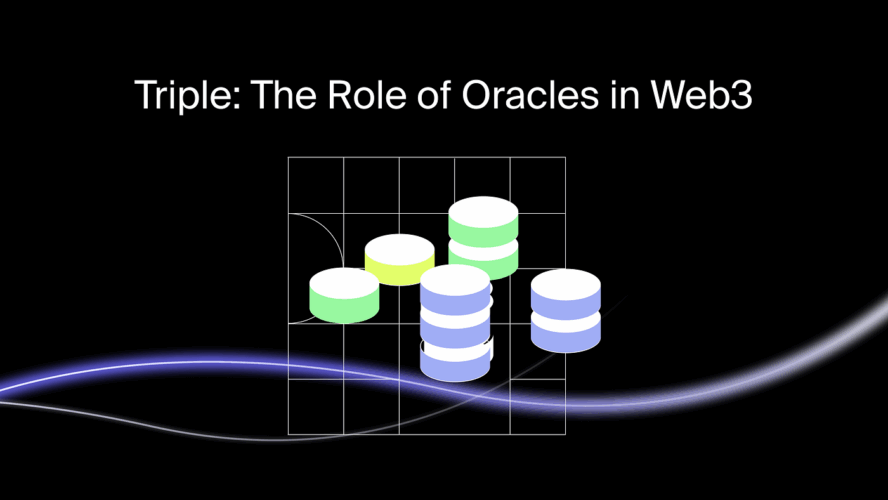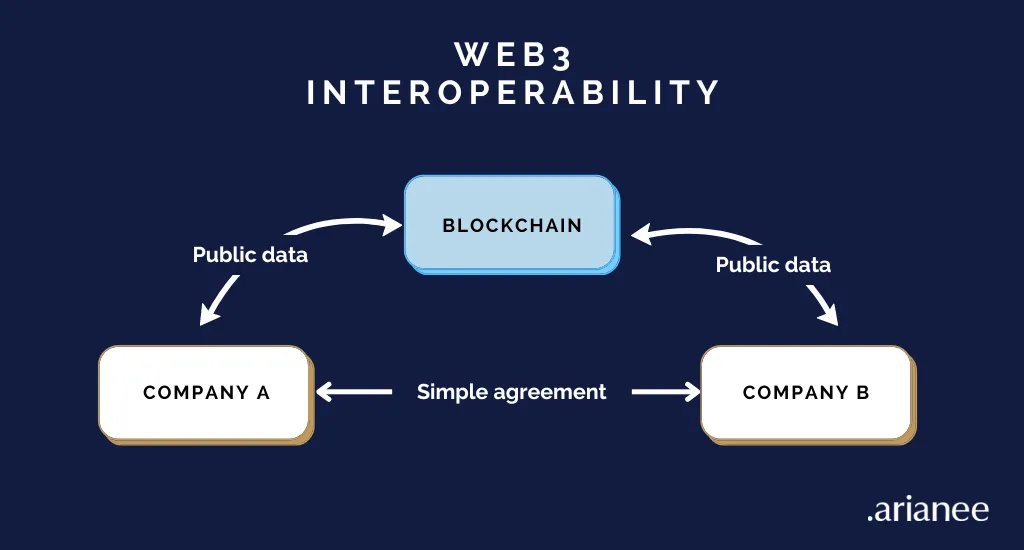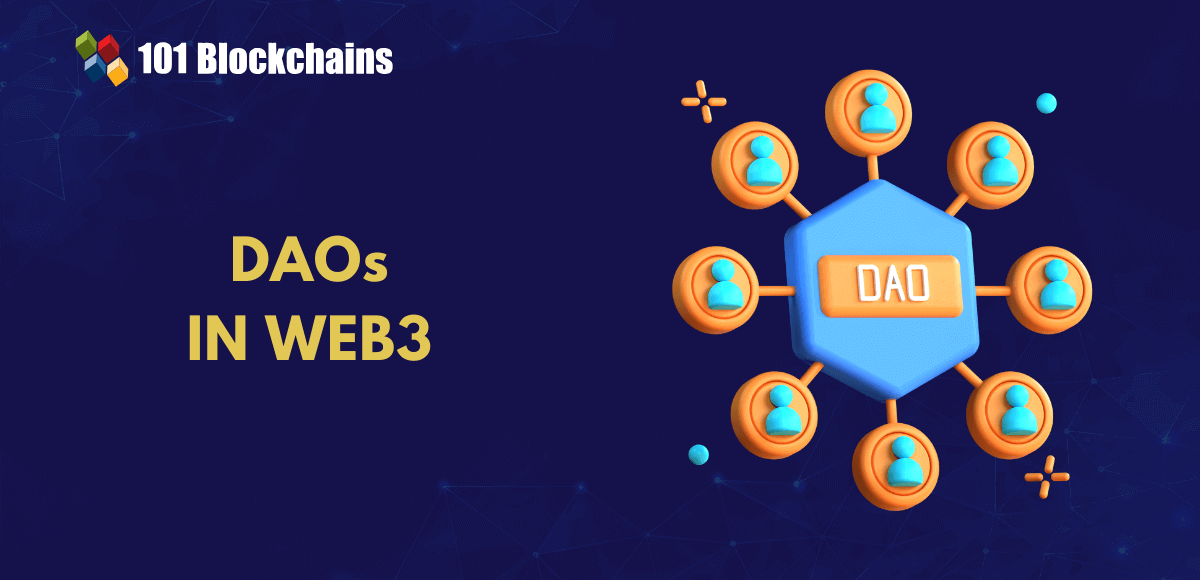
In the decentralized world of Web3, blockchains are inherently deterministic and isolated. They excel at executing smart contracts, maintaining transparent ledgers, and ensuring security. However, blockchains cannot natively access external, off-chain data such as stock prices, weather information, or sports results. This is where oracles come in—acting as trusted bridges that connect real-world data to decentralized networks, enabling smart contracts to interact meaningfully with the external environment.
Understanding Oracles
An oracle is a service that feeds real-world information to a blockchain. Without oracles, smart contracts would be limited to predefined on-chain data, significantly restricting their functionality. Oracles can provide a wide range of inputs, including:
- Price Feeds: Cryptocurrency, commodity, and stock prices.
- Event Data: Sports scores, election results, or weather conditions.
- Randomness: Secure random numbers for gaming and NFT applications.
- APIs and External Systems: Access to IoT devices, supply chain data, and traditional financial systems.
By supplying accurate and timely data, oracles enable smart contracts to execute real-world dependent logic in a trustless and automated manner.
Types of Oracles
Oracles come in several forms, each suited to different use cases:
- Software Oracles: Pull data from online sources like APIs, websites, or cloud services.
- Hardware Oracles: Provide data from physical sensors, IoT devices, or external machines.
- Inbound Oracles: Feed off-chain information into the blockchain.
- Outbound Oracles: Allow smart contracts to trigger external actions, such as sending payments or executing commands in off-chain systems.
- Decentralized Oracles: Aggregate data from multiple sources to minimize manipulation and provide trustless reliability, such as Chainlink.
These variations ensure that blockchain applications can access a wide range of data in a secure and verifiable way.
Why Oracles Are Critical in Web3
Oracles are the glue that connects blockchains to the real world. Their importance spans multiple Web3 applications:
- DeFi: Lending platforms, derivatives, and automated market makers rely on accurate price feeds to calculate collateral ratios, liquidation thresholds, and trading prices.
- Insurance: Smart contracts use weather or event data to automatically trigger insurance payouts for crops, travel, or flight delays.
- NFTs and Gaming: Oracles provide randomness for loot boxes, in-game events, and rarity generation.
- Supply Chain Management: Tracking goods and verifying authenticity through IoT-enabled oracles enhances transparency and efficiency.
Without oracles, these decentralized systems would be unable to react to dynamic real-world conditions, limiting their practical applications.
Challenges and Risks
Despite their utility, oracles introduce certain risks:
- Centralization Risk: Single-source oracles can become points of failure, potentially leading to data manipulation or downtime.
- Accuracy and Latency: Data must be timely and precise; delays or inaccuracies can trigger incorrect smart contract executions.
- Security Vulnerabilities: Oracles themselves can be hacked or exploited, as seen in multiple DeFi exploits where oracle manipulation led to significant losses.
Decentralized oracles, multi-source aggregation, and cryptographic verification are increasingly used to mitigate these risks.
Leading Oracle Solutions
Some of the most notable oracle platforms in the Web3 ecosystem include:
- Chainlink: The leading decentralized oracle network, providing secure, tamper-proof inputs for DeFi, gaming, and enterprise solutions.
- Band Protocol: Aggregates and validates data across multiple sources with a focus on speed and scalability.
- API3: Connects APIs directly to smart contracts without intermediaries, ensuring transparency and reliability.
These solutions demonstrate the growing recognition of oracles as essential infrastructure for Web3 innovation.
The Future of Oracles
The evolution of oracles will expand the scope of Web3 applications dramatically:
- Cross-Chain Oracles: Providing unified, verified data across multiple blockchains for interoperability.
- AI-Powered Oracles: Leveraging predictive models and machine learning for smarter decision-making in smart contracts.
- Integration with IoT and Edge Devices: Expanding real-world data sources to improve automation and decentralized logistics.
- On-Chain Governance of Oracles: Allowing communities to vote on oracle reliability, updates, and source selection.
These advancements will make Web3 applications more dynamic, responsive, and capable of interacting with the complex real world.
Final Thoughts
Oracles are the critical bridge between blockchain ecosystems and real-world data, enabling smart contracts to execute complex, context-aware functions. They unlock the full potential of Web3, powering DeFi, insurance, gaming, supply chains, and beyond.
In essence, without oracles, Web3 remains isolated; with them, it becomes truly connected, intelligent, and capable of reshaping industries. As adoption grows, secure and reliable oracles will remain the linchpin of a decentralized future.







